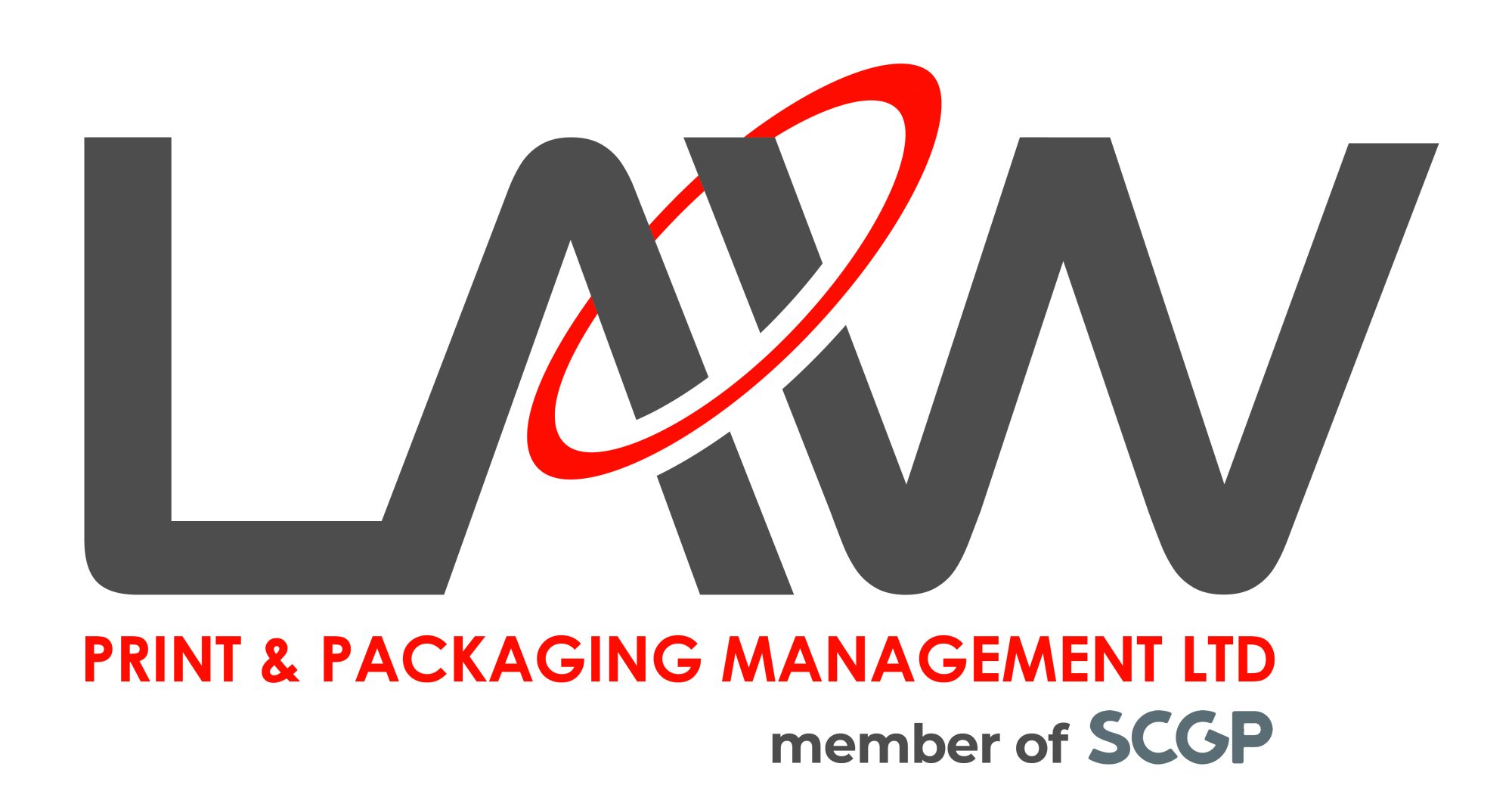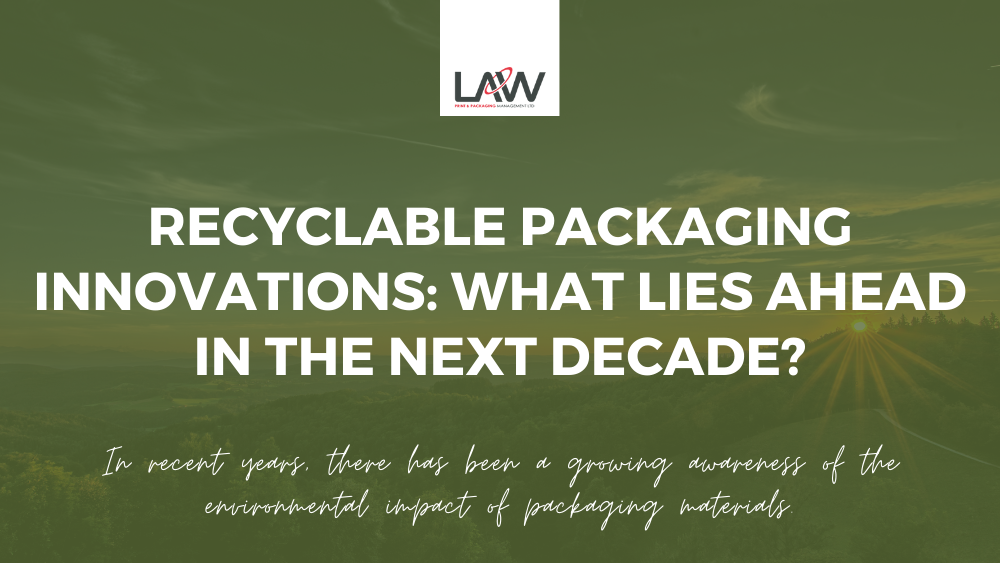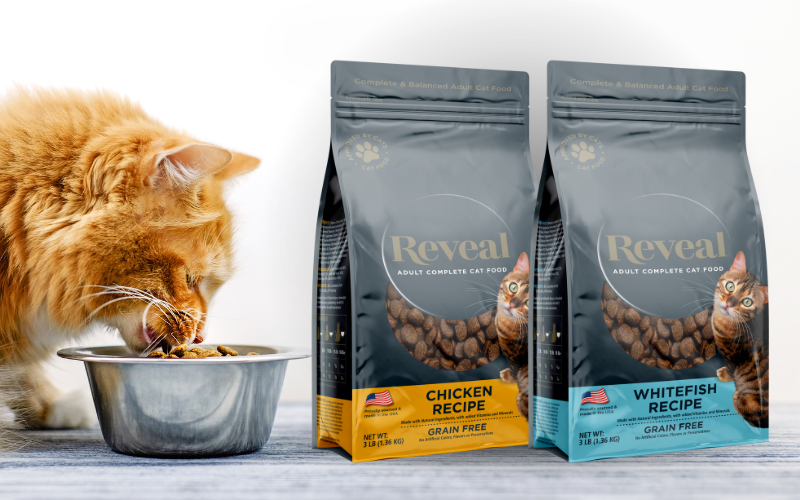In recent years, there has been a growing awareness of the environmental impact of packaging materials, leading to a surge in interest and innovation in recyclable packaging solutions.
As we go towards the end of 2023, the focus on sustainable packaging is set to intensify, with exciting innovations on the horizon.
In this article, we will explore some of the key trends and technologies that are expected to shape the future of recyclable packaging in the next ten years.
- Advanced Materials and Biomimicry: One of the most promising avenues for recyclable packaging lies in the development of advanced materials. Scientists and engineers are increasingly looking to nature for inspiration, using biomimicry to create materials that are both strong and sustainable. For example, biomimetic packaging materials may take inspiration from the structure of spider silk, which is incredibly strong yet lightweight.
- Smart Packaging: The integration of technology into packaging is set to assist recycling efforts. Smart packaging can help consumers and recycling facilities by providing information about the product’s recyclability and disposal instructions. QR codes, RFID tags, and NFC chips can enable consumers to access recycling information with a simple scan, making it easier for them to make sustainable choices. Additionally, smart packaging can help with supply chain management by monitoring product freshness and quality, reducing food waste.
- Circular Design Principles: The concept of a circular economy, where products and materials are reused, refurbished, or recycled, is gaining traction. In the next decade, recyclable packaging will increasingly incorporate circular design principles. This means that packaging will be designed with the end of life in mind, making it easier to disassemble and recycle. Manufacturers will also adopt “take-back” programs, where consumers can return used packaging for recycling or upcycling.
- 3D Printing: 3D printing technology has made significant strides in recent years, and it has the potential to transform the packaging industry. Customised and on-demand packaging solutions can be created with minimal waste using 3D printing. Additionally, 3D printing can enable the creation of complex geometries that optimise packaging for recycling and reuse.
- Biodegradable Films: The development of biodegradable films for packaging is a promising area of research. These films, made from materials like algae, cornstarch, or cellulose, have the potential to replace conventional plastics. They break down naturally, reducing the burden on landfills and oceans. As technology advances, biodegradable films are expected to become more versatile and cost-effective.
- Packaging-as-a-Service (PaaS): A concept gaining momentum is Packaging-as-a-Service, where companies provide reusable and returnable packaging solutions to businesses. This model reduces the need for single-use packaging, as companies can lease durable containers and packaging materials. After use, these containers can be collected, cleaned, and returned for reuse. This shift towards a sharing economy approach can significantly reduce waste.
- Enhanced Recycling Technologies: Innovations in recycling technologies will play a crucial role in the future of recyclable packaging. Advanced sorting and recycling facilities will be equipped to handle a wider range of materials, including complex multi-material packaging. Chemical recycling processes are also expected to become more efficient, enabling the recovery of valuable materials from plastic waste.
- Consumer Education and Engagement: Ultimately, the success of recyclable packaging innovations depends on consumer participation. Over the next decade, we can expect to see increased efforts to educate and engage consumers in sustainable packaging practices. Brands will invest in clear labelling, awareness campaigns, and incentives to encourage recycling and responsible disposal.
If you don’t want to wait for these innovations to happen, Taking those first steps towards changing your product range to recyclable & sustainable packaging can be much easier when you choose Law Print to guide you through the process. Plastic packaging has long been considered a convenient option rather than a sustainable one, however, Law Print launched a range of recyclable mono material plastic packaging solutions to change that.
In conclusion, the next decade holds great promise for recyclable packaging innovations. With a focus on advanced materials, smart technology, circular design, and sustainable practices, we are on the brink of a packaging revolution that will significantly reduce environmental impact. As consumers become more conscious of their choices and companies prioritise sustainability, the future of packaging looks brighter and greener than ever before.
If your brand is looking to invest in sustainable packaging, we will guide you through the entire print process. Providing recommendations to improve efficiency, reduce costs and add untold value to the end product.
Contact us on +44 (0) 161 440 7302 or follow this link to complete our contact form.


